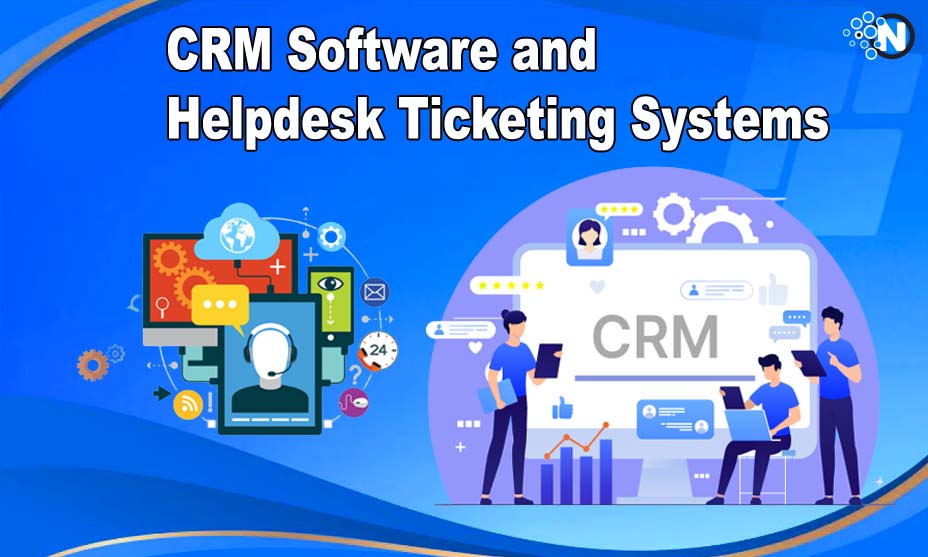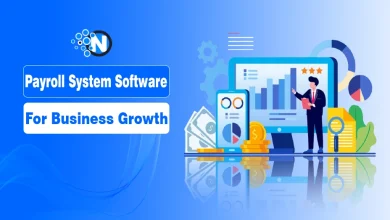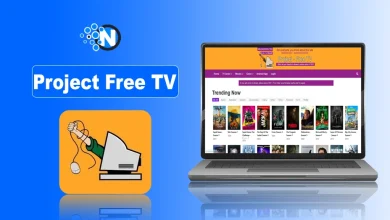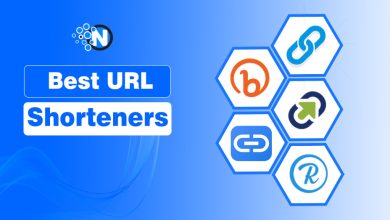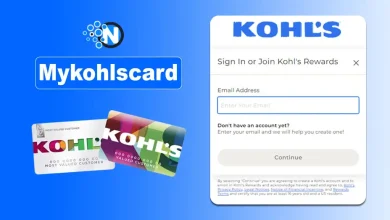Integrating CRM Software and Helpdesk Ticketing Systems
In the fast-evolving landscape of customer support, the integration of Customer Relationship Management (CRM) software and helpdesk ticketing systems has emerged as a game-changing strategy. This synergy combines the power of CRM’s customer insights and relationship management with the efficiency and organization of helpdesk ticketing.
The result? A seamless, customer-centric approach to issue resolution that enhances customer satisfaction and drives business success.
In this blog post, we’ll explore the benefits, strategies, and best practices for integrating CRM software and helpdesk ticketing systems to elevate customer support and engagement.
The Need for Unified Support Solutions
In the digital age, customers expect rapid and personalized support. However, disjointed systems and scattered customer data can hinder efficient issue resolution. Enter CRM software and help desk ticketing systems integration, which tackles these challenges head-on.
CRM software provides a 360-degree view of customer interactions, preferences, and history, while a help desk ticketing system ensures organized and trackable handling of customer inquiries and issues. The integration of these two systems creates a holistic approach to support, streamlining processes, and improving overall customer experiences.
Benefits of CRM and Helpdesk Integration
We are now going to take a look into the myriad benefits of integrating CRM and help desk systems, showcasing how this empowers support teams, enhances customer interactions, and contributes to your overall business growth. Let’s take a look:
- Enhanced Customer Insights. CRM software offers many customer insights, enabling support agents to understand customers’ unique needs and preferences. When integrated with a helpdesk ticketing system, this data empowers agents to provide personalized support that resonates with the customer, ultimately leading to higher satisfaction rates.
- Seamless Communication. Integration ensures that customer communication is seamless across all touchpoints. Agents have access to a customer’s complete history, enabling them to pick up where the previous interaction left off. This eliminates the frustration of repeating information and fosters a consistent and efficient support experience.
- Efficient Issue Resolution. Helpdesk ticketing systems allow support teams to organize, prioritize, and track customer issues. When integrated with CRM software, agents can quickly access customer profiles, identify recurring problems, and resolve issues more efficiently.
- Personalized Engagement. Armed with CRM data, agents can tailor their communication to match the customer’s communication preferences. This personalized approach establishes a rapport with customers and cultivates a sense of trust and loyalty.
- Proactive Support. CRM data can be leveraged to anticipate customer needs and potential issues. By identifying trends and patterns, support teams can take a proactive approach, addressing concerns before they escalate and demonstrating a deep understanding of customer requirements.
- Data-Driven Decision-Making. The combination of CRM and helpdesk systems yields significant data. These insights may help enhance support procedures, gauge customer happiness, and make educated decisions.
As businesses continue to prioritize customer satisfaction and loyalty, the synergy between CRM and helpdesk integration stands as a beacon of innovation, setting the stage for exceptional support interactions and sustainable growth.
Strategies for Successful Integration
Implementing a successful integration of CRM and helpdesk ticketing systems requires a strategic approach. We put together some guidelines for successful integration strategies. Let’s take a look:
- Choose the Right Systems. Select CRM software and help desk ticketing systems that offer robust integration capabilities. Look for systems that provide seamless data synchronization and real-time updates.
- Data Mapping and Customization. Ensure that customer data fields in your CRM align with the ticketing system’s categories and attributes. This enables a smooth flow of information and accurate customer profiling.
- Employee Training. Train your support team on using the integrated systems effectively. Familiarize them with how data is accessed, updated, and utilized to deliver superior customer experience.
- Clear Communication. Foster collaboration between your CRM and IT teams to ensure a clear understanding of integration goals, requirements, and potential challenges.
- Testing and Quality Assurance. Thoroughly test the integration before full deployment to identify and address any potential issues. This ensures a seamless transition for both support agents and customers.
- Continuous Monitoring and Updates. Regularly monitor the integration’s performance and seek feedback from support agents. Be prepared to make updates and adjustments based on evolving customer needs.
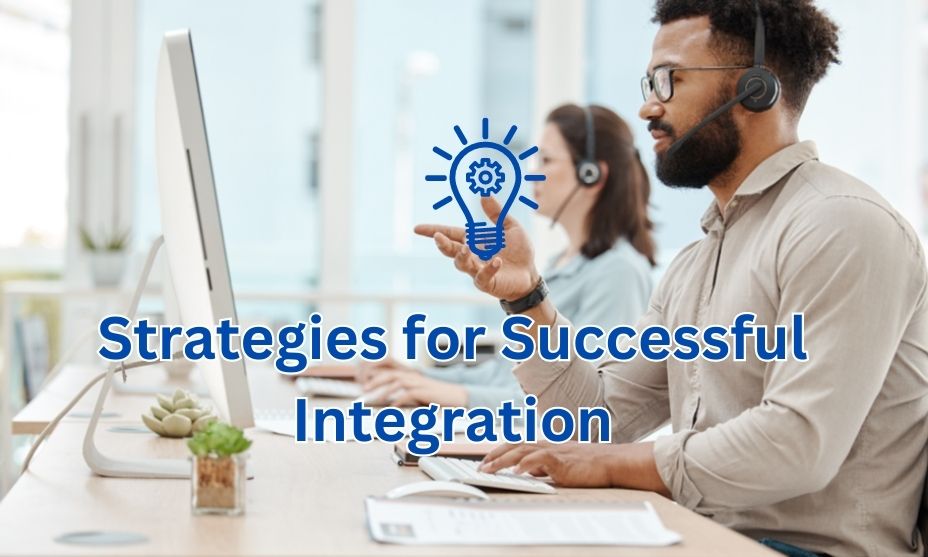
By following these strategies, you pave the way for a smooth and efficient integration that enhances customer support and elevates overall operational efficiency.
Best Practices for Leveraging CRM and Helpdesk Integration
To fully harness the potential of CRM and helpdesk integration, it’s essential to adopt best practices that optimize customer support and engagement. These practices not only streamline processes but also enhance the quality of interactions, leading to improved customer satisfaction and loyalty. Let’s get to it.
- Unified Customer Profiles. Utilize CRM data to create comprehensive customer profiles within the helpdesk ticketing system. This enables support agents to understand the customer’s history and preferences at a glance.
- Automated Ticket Creation. Leverage CRM data to generate tickets when a customer reaches out for support automatically. This accelerates the support process and reduces manual data entry.
- Personalized Responses. Use CRM insights to tailor responses and solutions to each customer’s specific situation. Personalized interactions enhance customer satisfaction and build stronger relationships.
- Prioritized Issue Resolution. Integrate CRM data to prioritize tickets based on factors such as customer value, issue urgency, and engagement history. This ensures that high-priority issues receive prompt attention.
- Post-Support Follow-Up. After resolving an issue, use CRM data to follow up with customers and ensure their satisfaction. This practice demonstrates your commitment to customer well-being beyond issue resolution.
By adhering to these best practices, businesses can unlock the full potential of this integration, having the most positive results. The effective utilization of CRM and help desk integration paves the way for sustainable growth, strengthened customer relationships, and a reputation for exceptional support.
Conclusion
The integration of CRM software and helpdesk ticketing systems represents a transformative leap forward in customer support and engagement. When support agents have access to comprehensive customer profiles, efficient issue-resolution tools, and data-driven insights, they can provide exceptional experiences that drive customer loyalty and long-term success.
The seamless collaboration between CRM and helpdesk systems is a testament to the ever-evolving landscape of customer-centric support, where integration leads to innovation and excellence.

